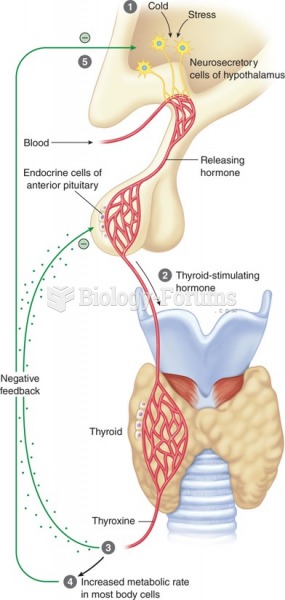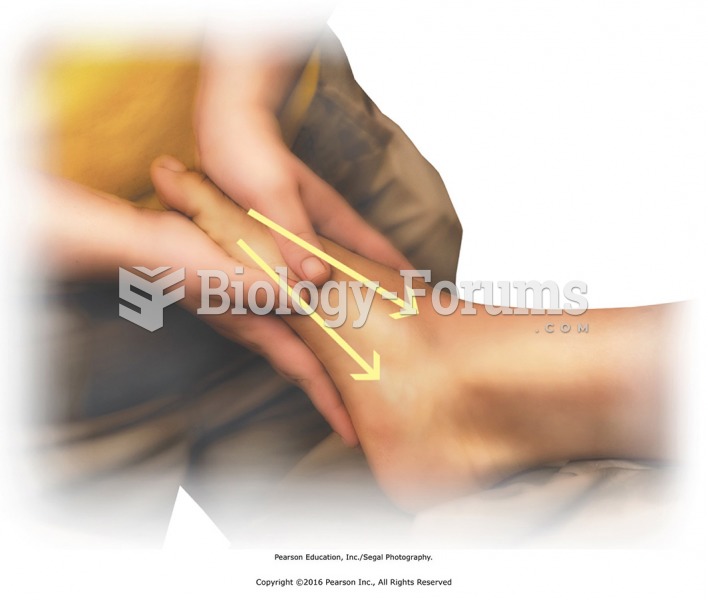|
|
|
The average older adult in the United States takes five prescription drugs per day. Half of these drugs contain a sedative. Alcohol should therefore be avoided by most senior citizens because of the dangerous interactions between alcohol and sedatives.
The calories found in one piece of cherry cheesecake could light a 60-watt light bulb for 1.5 hours.
The senior population grows every year. Seniors older than 65 years of age now comprise more than 13% of the total population. However, women outlive men. In the 85-and-over age group, there are only 45 men to every 100 women.
Famous people who died from poisoning or drug overdose include, Adolf Hitler, Socrates, Juan Ponce de Leon, Marilyn Monroe, Judy Garland, and John Belushi.
It is widely believed that giving a daily oral dose of aspirin to heart attack patients improves their chances of survival because the aspirin blocks the formation of new blood clots.
 Organs of the urinary system. This illustration is an anterior view of a female with the abdominal w
Organs of the urinary system. This illustration is an anterior view of a female with the abdominal w
 Many households today include young adults who have not moved out of their parents’ homes (or who ...
Many households today include young adults who have not moved out of their parents’ homes (or who ...
 Transition from the lower to the upper limbs with compression over the drape. Apply compression with ...
Transition from the lower to the upper limbs with compression over the drape. Apply compression with ...




